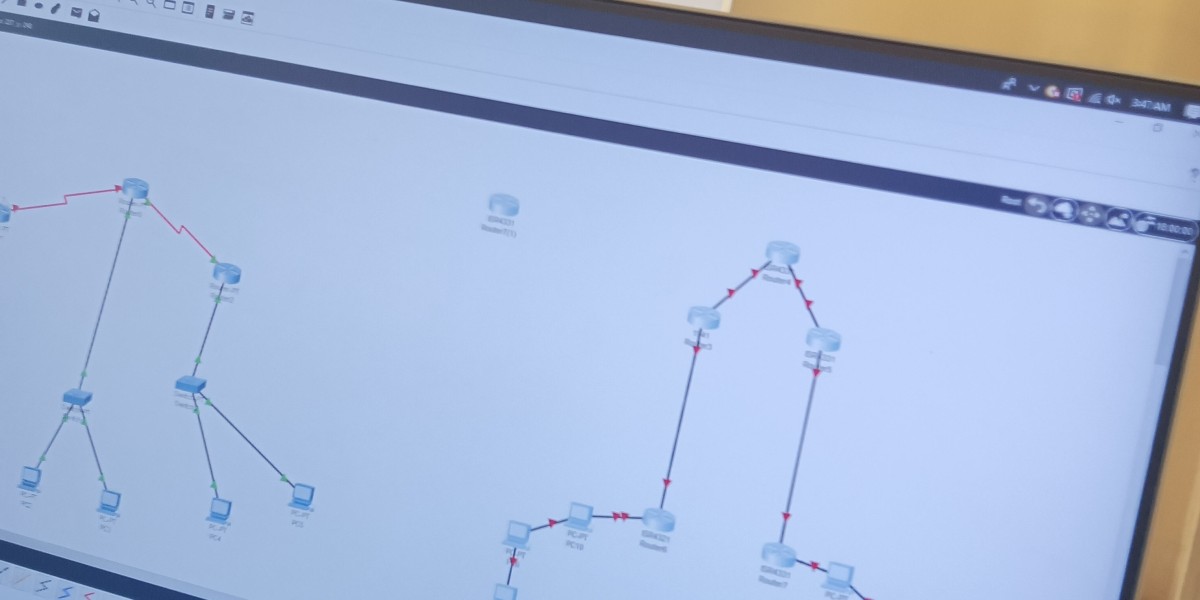As we look ahead to the environmental landscape a century from now, the prospects are both daunting and hopeful. With the accelerating pace of technological advancements, socio-political changes, and environmental awareness, the Earth of 100 years hence will likely be vastly different from what we know today.
One of the most pressing concerns facing the planet is climate change. Over the past century, human activity has led to a significant increase in greenhouse gas emissions, resulting in rising global temperatures, melting ice caps, and more frequent extreme weather events. If current trends continue, the impacts of climate change could be catastrophic by 2124.
However, there is hope on the horizon. Over the past few decades, there has been a global shift towards renewable energy sources such as solar, wind, and hydroelectric power. Technological advancements have made these sources more efficient and cost-effective, leading to widespread adoption around the world. By 2124, it is possible that fossil fuels will be largely phased out, significantly reducing carbon emissions and mitigating the worst effects of climate change.
In addition to changes in energy production, advancements in agriculture and land management could also play a crucial role in shaping the environment of the future. With a growing global population and increasing pressure on arable land, sustainable farming practices will be essential to ensure food security for future generations. This may include the widespread adoption of vertical farming, hydroponics, and genetically modified crops that are more resilient to climate change and require fewer resources to grow.
Furthermore, conservation efforts will be paramount in preserving the Earth's remaining biodiversity. Over the past century, habitat destruction, pollution, and climate change have led to a sharp decline in wildlife populations around the world. To reverse this trend, governments, NGOs, and individuals will need to work together to protect and restore ecosystems, establish more protected areas, and combat illegal poaching and deforestation.
However, despite these efforts, it is likely that the environment of 2124 will still bear the scars of centuries of exploitation and neglect. Sea levels will continue to rise, displacing millions of people living in coastal areas. Biodiversity loss will have far-reaching consequences for ecosystems and human societies alike. And while renewable energy sources may have replaced fossil fuels as the primary source of power, the legacy of centuries of pollution will linger on in the form of contaminated waterways, toxic waste sites, and degraded landscapes.
Ultimately, the future of the environment depends on the actions we take today. By investing in sustainable technologies, adopting eco-friendly lifestyles, and advocating for policies that prioritize the health of the planet, we can help ensure that the Earth of 2124 is a thriving, biodiverse, and sustainable world for future generations to enjoy.




Marcelo Orlando 33 w
Boa tarde